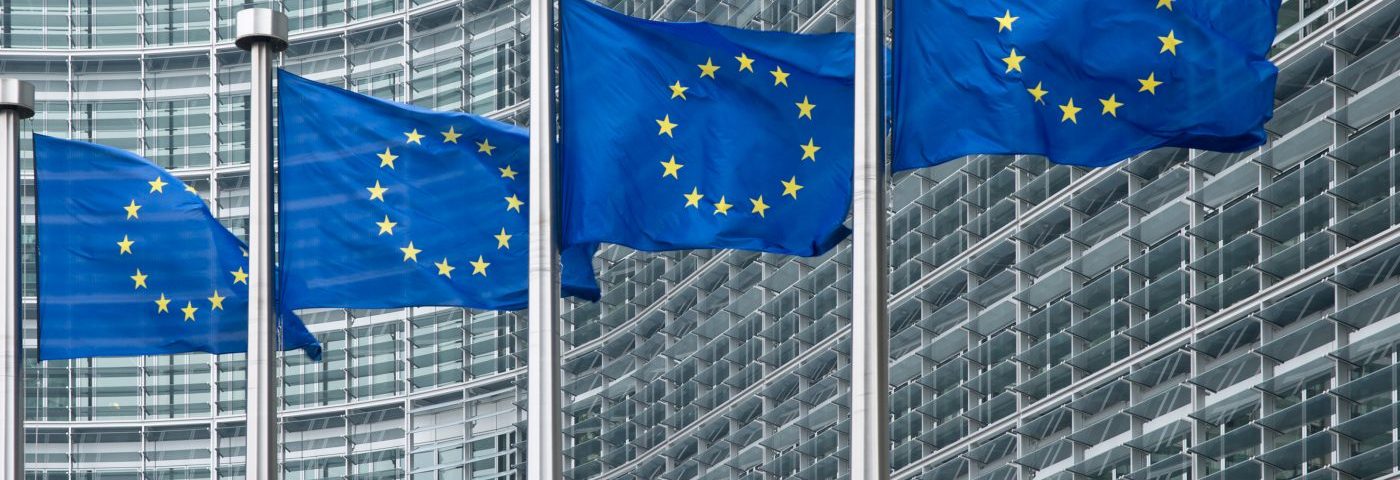A committee of the European Union’s drug regulatory agency has given its blessing to Sci-B-Vac, a vaccine for hepatitis B developed by Massachusetts-based VBI Vaccines.
The Committee for Medicinal Products for Human Use (CHMP) of the European Medicines Agency (EMA) gave a positive review for Sci-B-Vac, a licensed third-generation vaccine with proven efficacy and safety in more than 300,000 hepatitis B patients. The vaccine is currently approved for use in 15 countries.
Francisco Diaz-Mitoma, MD, PhD, VBI’s chief medical officer, said Sci-B-Vac “has an extensive safety and efficacy track record” in 22 clinical studies involving more than 4,000 children and adults.
“We are encouraged by the feedback received by the CHMP at EMA, and believe VBI is now well-positioned to advance its pivotal studies in Europe to obtain registration and licensure of Sci-B-Vac,” Diaz-Mitoma said in a Feb. 7 press release.
According to the company, the CHMP also gave its support to move Sci-B-Vac into Phase 3 clinical trials. In addition, the EMA also agreed that product information and data from ongoing studies supports such Phase 3 clinical trials, as well as the filing of a market authorization application (MAA) for Sci-B-Vac.
Pharmaceutical companies must submit MAAs to the London-based EMA in order to market a newly developed medicinal product in the EU’s 28 member states.
VBI also said it may conduct pivotal Phase 3 clinical trials with the U.S. Food and Drug Administration (FDA) and Health Canada. More information about these clinical trials will be made available once VBI holds formal discussions with these agencies.
Sci-B-Vac is a vaccine that mimics all three surface antigens of the hepatitis B virus (HBV), offering high levels of anti-HBV antibodies and a rapid onset of protection. Unlike second-generation hepatitis B vaccines— which contain only one surface antigen — Sci-B-Vac contains the surface antigen as well as the pre-S1 and pre-S2 surface antigens.
VBI says that by mimicking three HBV surface antigens, Sci-B-Vac may help the immune system react with antibodies that can identify one or more components of the HBV, offering a better protection. Moreover, the vaccine can be given at lower doses than competing hepatitis B vaccines, and is free of next-generation adjuvants.
VBI has research operations in Canada as well as research and manufacturing facilities in Israel. According to the World Health Organization, 240 million people are chronically infected with hepatitis B, and more than 780,000 people die every year due to complications related to the virus.

